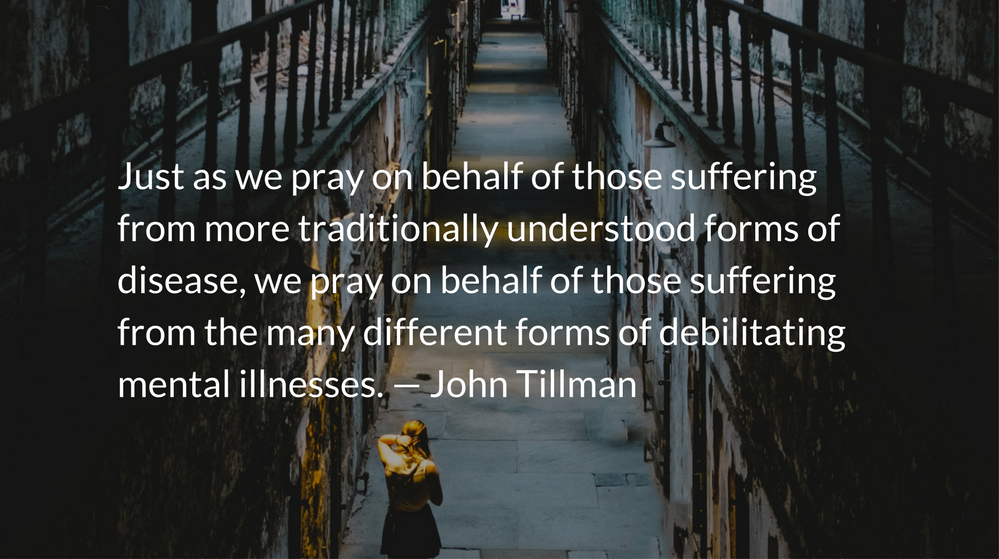Scripture: Job 19.25
I know that my redeemer lives…
Scripture: Hebrews 13:20-21
Now may the God of peace…equip you with everything good for doing his will, and may he work in us what is pleasing to him, through Jesus Christ, to whom be glory for ever and ever.
Reflection: Equipped for Good and Bad
By John Tillman
We typically put a lot of thought into the kind of equipment we rely on. This is true of our mobile devices—the most ubiquitous equipment that modern urbanites carry—but it is also true of any item we use frequently.
Whether it is students going to school, business professionals walking in to a presentation, or tourists going on vacation, no one willingly goes ill-equipped.
The student may be ill-equipped due to economic disadvantagement. The business professional may be ill-equipped due to faulty research or poor preparation. The vacationer may be ill-equipped due to negligence or ignorance. But they aren’t ill-equipped on purpose and each of them would admit embarrassment at the outcomes of their situations that resulted from being poorly equipped.
Being spiritually ill-equipped, however, is a common occurrence. When a disaster hits our lives, it is often a wakeup call to our spiritual life. We pray when we’ve never prayed before. We read the Bible when we’ve never read it before. We seek godly counsel in community when we had been going it alone.
The life of Job shows us that spiritual practice does not prevent tragedies of any kind, but we can see that his spiritual practice prepared him to experience tragedy differently than his wife or his friends. Even at his most bitter and even in his most painful moments, Job sees the truth of his situation and his desperate cries give us some of the greatest insights and prophecies of Christ’s role as our mediator.
“I know that my redeemer lives,
and that in the end he will stand on the earth.
And after my skin has been destroyed,
yet in my flesh I will see God;
I myself will see him
with my own eyes—I, and not another.
How my heart yearns within me!” Job 19.25-27
Spiritual disciplines allow the Holy Spirit to equip us for good and prepare us for bad. He prepares our hearts for the joys, the trials, the successes, and the failures that are and will be a part of our walk with Christ. He gracefully walks with us and will supply our needs when we call on him.
Prayer: The Refrain for the Morning Lessons
You strengthen me more and more; you enfold me and comfort me. — Psalm 71.21
– Prayer from The Divine Hours: Prayers for Springtime by Phyllis Tickle.
Full prayer available online and in print.
Today’s Readings
Job 19 (Listen – 2:48)
1 Corinthians 6 (Listen – 3:03)











